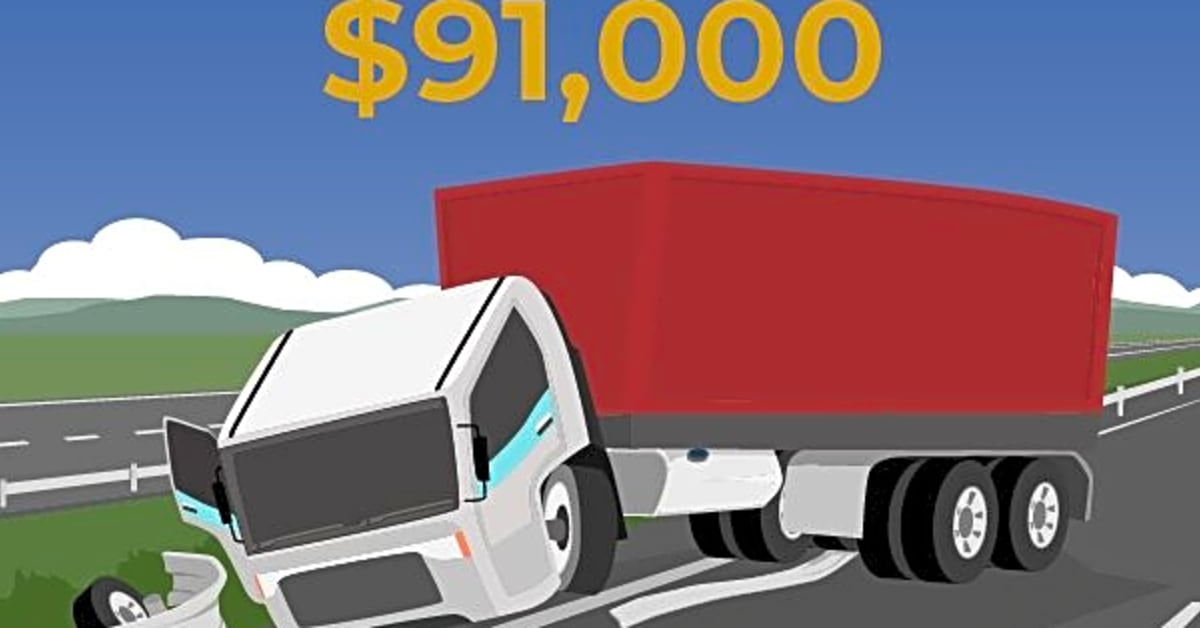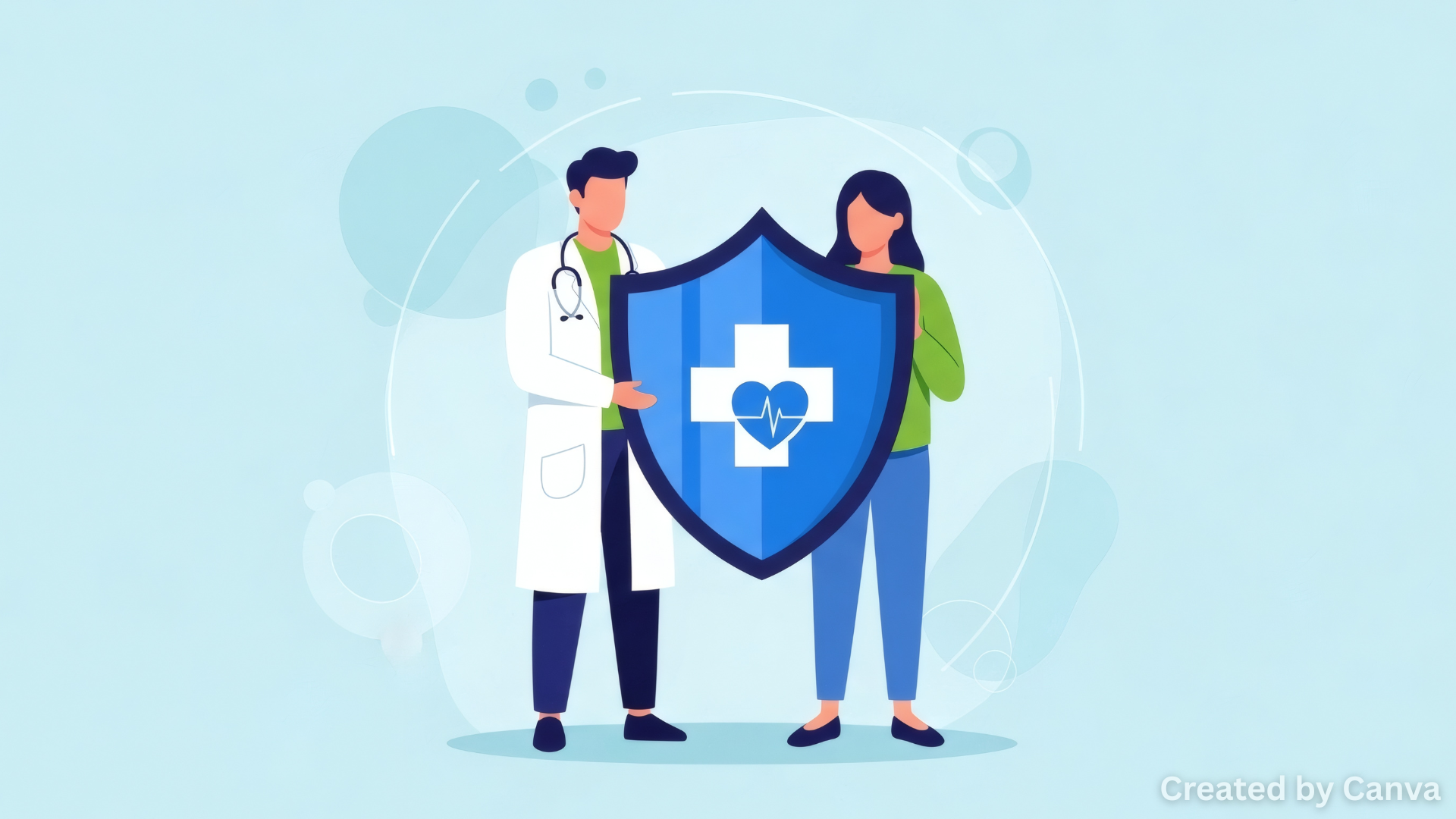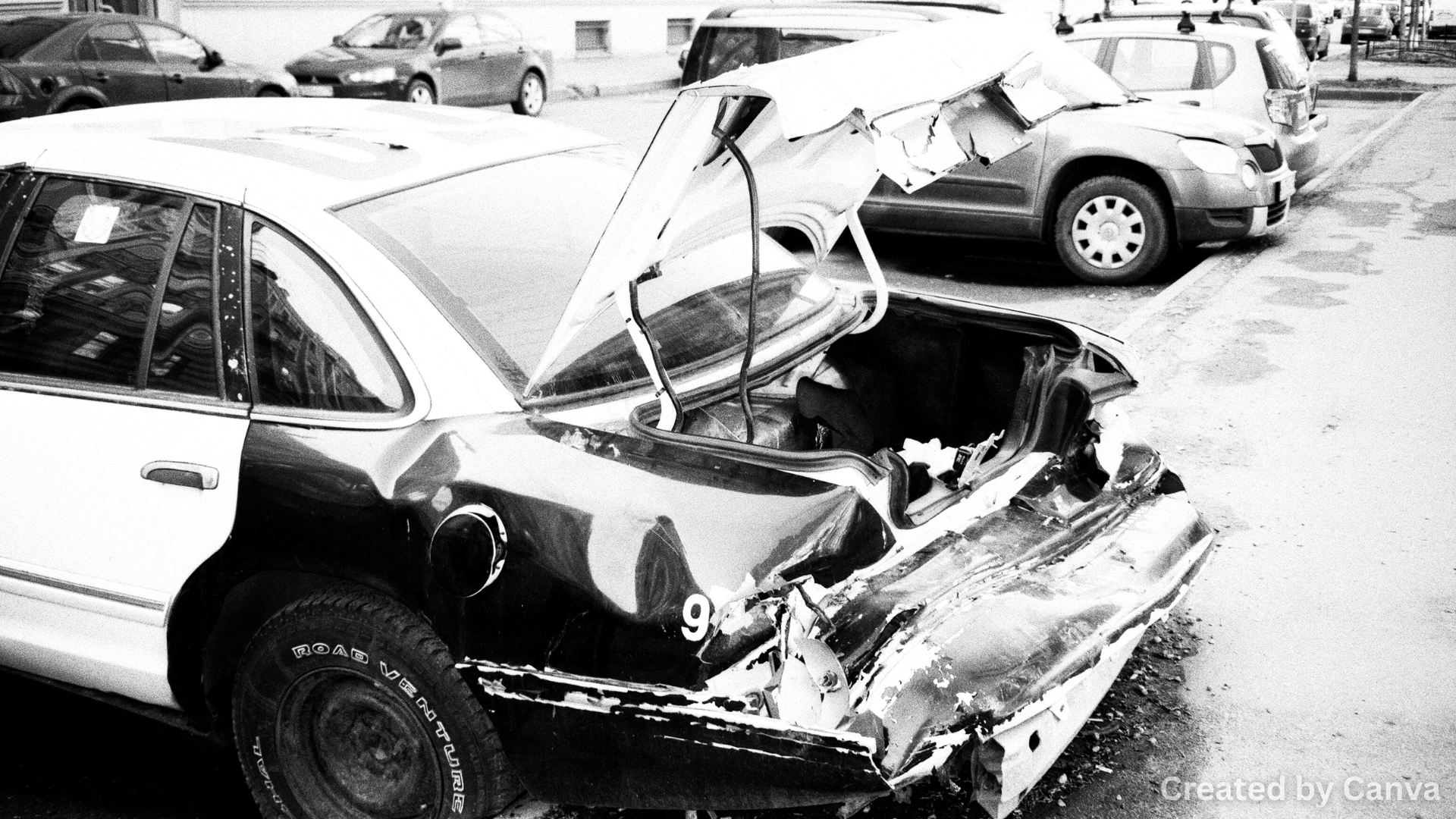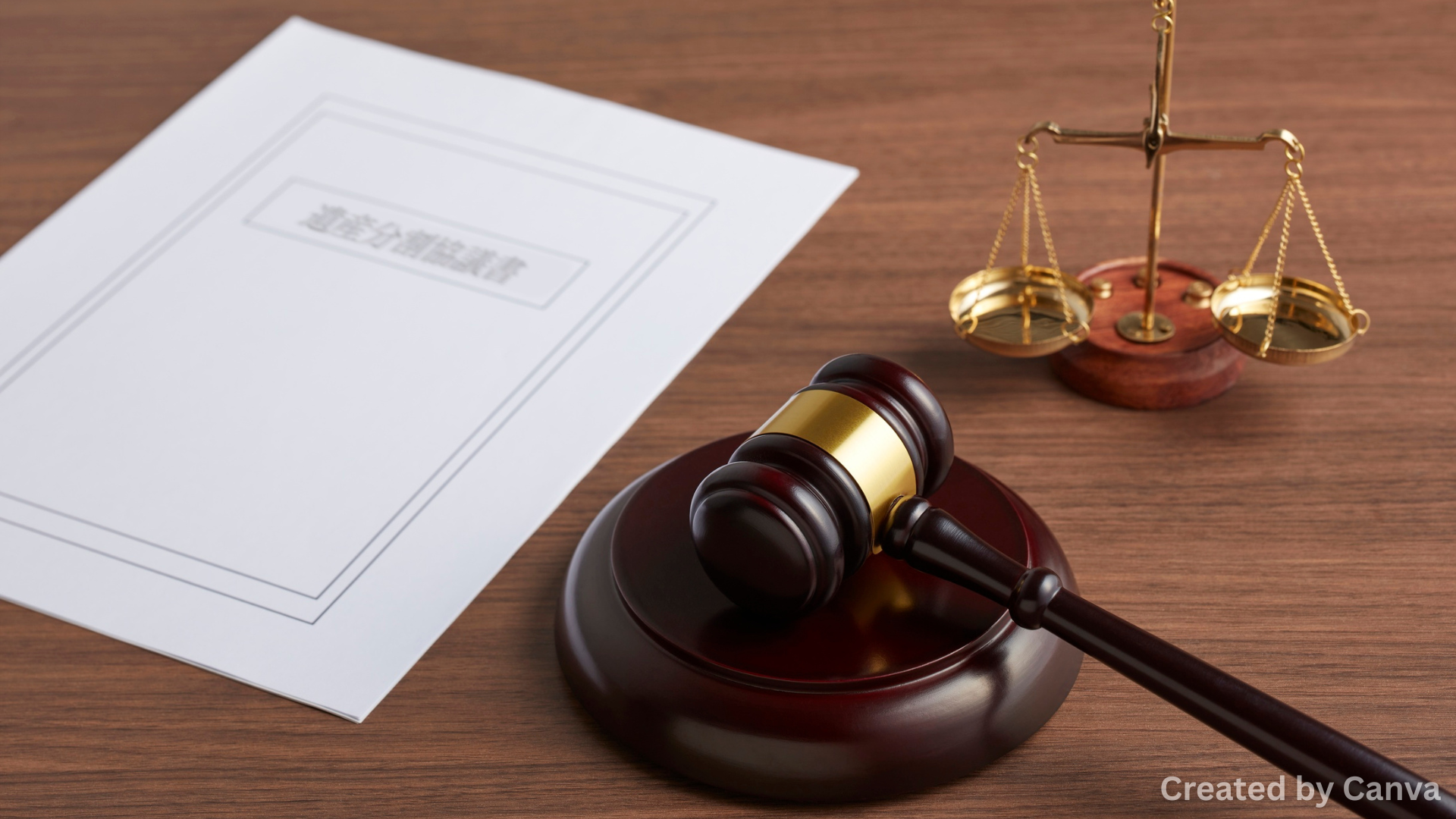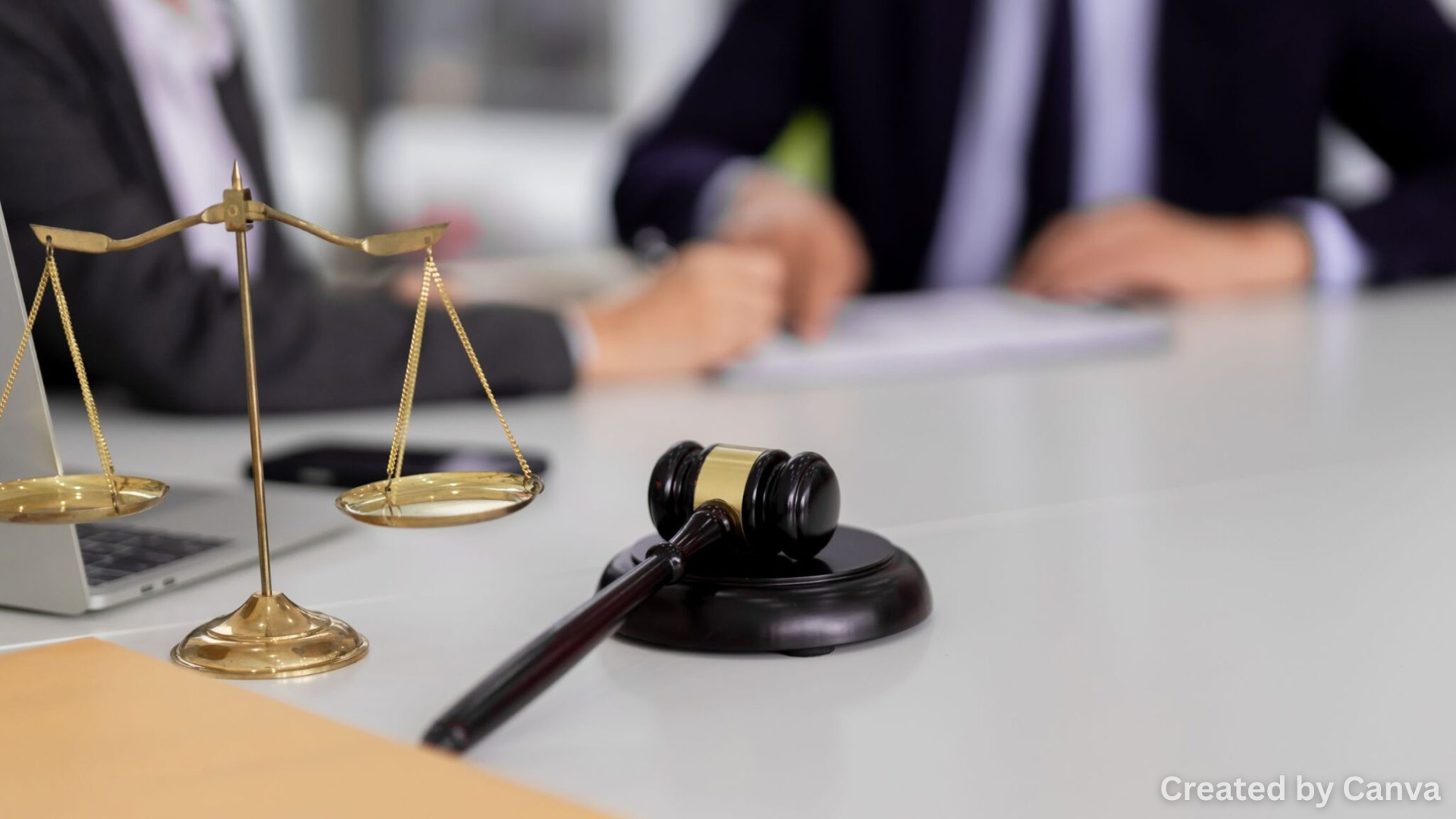Contact Patrick Daniel Law for FREE today. Overloading a truck can affect its handling and braking capabilities, which increases the risk of an accident. For motorists, liability refers to their legal responsibility to account for damages that were the result of trucking accidents. A substantial factor making accident cases involving commercial trucks more complicated is that the trucking company, or their insurer, may try to argue that another party, such as the injured driver of a passenger car involved in the accident, was partially or fully responsible for the accident, in an attempt to minimize their liability.
The driver may be liable, but it could also be the trucking company that’s responsible. Or, the car accident could be the fault of the people who loaded the cargo. The truth is, truck crashes often result in more severe injuries, higher legal fees, and longer recovery times than typical car accidents, and believing the myths about truck accident liability can cost you the fair compensation you deserve. The truth is, truck crashes often result in more severe injuries, higher legal fees, and longer recovery times than typical car accidents, and believing the myths about truck accident liability can cost you the fair compensation you deserve.
Having experienced counsel to handle communications and negotiations can in some cases play a substantial role in recovering a fair settlement successfully. The truth is, truck crashes often result in more severe injuries, higher legal fees, and longer recovery times than typical car accidents, and believing the myths about truck accident liability can cost you the fair compensation you deserve. When truck accidents occur in Raleigh or elsewhere throughout North Carolina, determining liability can be a complex task. If you’ve been involved in a truck accident in Portland or elsewhere in Oregon, you don’t have to navigate the complexities of truck accident claims alone.
When these cases involve the trucking industry, the process can be especially lengthy and detailed. The office represents cases involving the trucking industry throughout Vermont, New Hampshire, and Florida. Unfortunately, several widespread myths and misconceptions about truck accident liability continue to mislead accident victims and delay justice. Speak to a knowledgeable truck accident lawyer at Shillen Mackall Seldon & Spicer by calling 802-457-4848 today to seek assistance in establishing truck accident liability.
For instance, trucking companies often have legal teams and insurance adjusters working immediately after a truck accident occurs to minimize their liability. If a third party responsible for loading the truck fails to do so correctly and an accident occurs, they can be held legally responsible. Rather than just a driver being held responsible, an accident involving a truck may have liability that extends to several parties. That said, the companies responsible for loading must adhere to weight rules and regulations.
The seasoned personal injury lawyers at Shillen Mackall Seldon & Spicer understand the complexities and regularly conduct exhaustive investigations and evidence analyses on behalf of their clients to determine truck accident liability. Determining fault is a significant task in all vehicle collision cases. In the context of a truck accident case, proving liability means establishing that a party caused an avoidable crash, typically through some form of negligence. The complexity of dealing with multiple at-fault parties often also means communication with multiple insurance providers, which can quickly become overwhelming for injured drivers who attempt to handle the process without legal representation.
If another party’s negligence caused you or your loved ones to sustain damages and losses, you may have the right to pursue legal action against those responsible. Even if the driver of a truck is clearly the person who caused an accident, determining truck accident liability isn’t so cut and dry. Determining liability in a truck collision requires a thorough review and investigation of the accident scene, the damage to the vehicles, and any other relevant documentation. Multiple parties may be held liable for a truck accident.
Trucks must be loaded properly to prevent shifting or falling cargo, which can cause accidents.
Who is at fault in a truck accident?
Even if the driver of a truck is clearly the person who caused an accident, determining truck accident liability isn’t so cut and dry. Fault in these crashes may be attributed to the shipping company for negligent loading of the truck, the truck driver for failing to inspect the load, or a.
What does trucking liability insurance cover?
When you purchase Commercial General Liability insurance for truckers you are getting a vast amount of coverage and you must know what they are. It covers medical expenses, lost wages, pain and suffering, and even legal defense costs if the other party sues. Commercial truck insurance will also cover your trailer from any physical damage, upset, fire, theft, or vandalism. Talk to a licensed Insureon agent who specializes in the trucking industry to find out if your business qualifies.
So, if you were to get into an accident and injure someone or damage their property, your policy would help pay for their medical bills. It protects your business from the high costs of lawsuits and helps you qualify for leases and contracts. Examples of business activities include meetings with customers, delivering products, and marketing your trucking business. This coverage is essential for truck operators because of the potential for substantial damage caused by larger vehicles.
In addition to the risks of operating a truck, small trucking companies face the same liabilities as any other small business. A growing number of risk managers require for-hire truckers to have Motor Truck General Liability insurance. This part of your General Liability insurance focuses on physical injury of others while on your property or through the course of business. It also doesn’t protect you in the event of theft, fire, vandalism or other disasters that may occur to your truck.
In most cases, general liability insurance for truckers covers things like bodily injury and property damage. This summary is intended for informational purposes only and does not replace or modify the definitions or information contained in any insurance policy or declaration page, which controls all coverage determinations. Bodily injury liability is a critical component of vehicle insurance policies, including commercial trucks, designed to protect against financial losses resulting from injuries caused to others in an accident for which the policyholder is at fault. While there is absolutely coverage if a customer or other third party is injured on your premises, there are so many scenarios that can happen off-premises that you need to be aware of that General Liability insurance can handle.
This policy – which you might have also seen as “trucking liability insurance covers you financially in case any of your business activities caused damage or harm to a customer, another third party, or someone else’s property. It pays for injuries or property damage you cause as a result of business activities not directly related to operating your truck. There are also other things to consider about a location such as each state’s trucking rules and regulations, as well as the average price of fuel in the state. If you operate a business in addition to for-hire trucking, you are ineligible for Trucker’s General Liability.
This portion of General Liability covers medical costs for physical injuries sustained by people on your business premises, including those associated with the Bodily Injury coverage above. General Liability insurance for truckers will cover this exposure and hopefully smooth everything over, as these damages can add up pretty quickly.
Can a truck driver be sued for an accident?
Trucking companies have a legal obligation to properly train their drivers, maintain their vehicles, and ensure compliance with federal and state regulations. This is also important, as employers typically have more funds available to handle such cases than average truck drivers. This means employers may be held liable for the actions of their drivers if accidents were not intentional and happened in the scope of employment. Evidence such as the driver’s logbooks, drug and alcohol tests, and eyewitness testimony can be crucial in establishing fault.
If the company failed to meet these responsibilities, contributing to the accident, you may have grounds to sue them for negligence. This is based upon the reasoning that certain instances are going to happen in an employer’s business, who should be held responsible for them. This means that the trucking company can be held responsible for negligent actions of its drivers while they are operating within the scope of their employment. If the driver violated any of these rules or engaged in negligent behavior, they could be held personally responsible for the damages caused.
Additionally, trucking companies can be held liable for the actions of their employee drivers under a legal doctrine known as respondeat superior. In many cases, the trucking company that employs the driver can also be held liable for a trucking accident. Truck drivers must also adhere to strict regulations set forth by the Federal Motor Carrier Safety Administration (FMCSA) regarding hours of service, vehicle maintenance, and safe driving practices. If the driver’s negligence or recklessness caused the accident such as through distracted driving, fatigue, speeding, or driving under the influence they could be held accountable.
